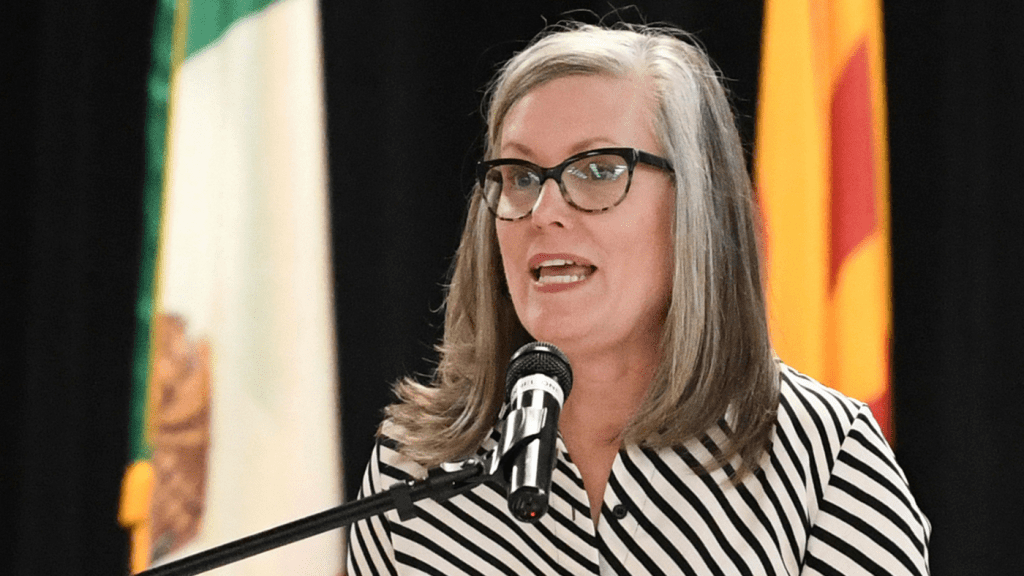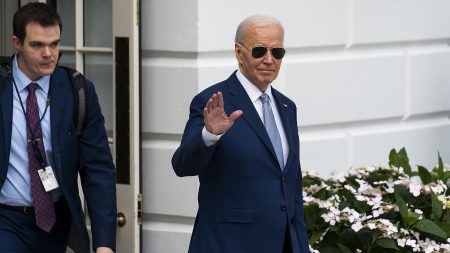Arizona Gov. Katie Hobbs (D) targeted GOP lawmakers who spoke against a recent court ruling that upheld an 1864 law, which made carrying out an abortion a felony in the state.
In a CNN interview with Anderson Cooper, Hobbs expressed concern about the ruling's negative impact on the state, stating that Arizonians are deeply affected by the recent decision. She urged the legislature to repeal the outdated ban as soon as she assumed office.
Hobbs reiterated her previous call at the start of the legislative session, highlighting that some of the current Republicans criticizing the decision had previously celebrated the Dobbs decision. This earlier decision laid the groundwork for the recent court ruling.
She mentioned that both the Speaker of the House and the Senate President had submitted an amicus brief in this case, urging the court to take the action it did today.
The Arizona Supreme Court rejected arguments on Tuesday that it should uphold the current 15-week abortion ban signed in 2022 by then-Gov. Doug Ducey (R) that was enforced after the end of Roe v. Wade. Instead, the court ruled that the 1864 law — passed before Arizona was even a state — should be enforced.
The Civil War-era law makes performing or aiding in an abortion a felony, carrying a sentence of two to five years in prison. It does not include exceptions for rape or incest, only permitting them when necessary to save the pregnant person's life.
Certain Republicans who have previously backed abortion bans, such as GOP Senate candidate Kari Lake, have stated their opposition to the ruling.
Earlier on Tuesday, Hobbs urged the legislature to immediately repeal the 1864 ban and safeguard access to reproductive health care. She also emphasized that an executive order issued last year, which prevents county attorneys from prosecuting women and doctors for obtaining or performing abortions, remains valid.
She stressed that the aim of the executive order is to prevent radical county attorneys from using the ban to criminalize women and doctors seeking or providing necessary care, aligning with the Attorney General. She noted that the executive order has not yet been challenged.









